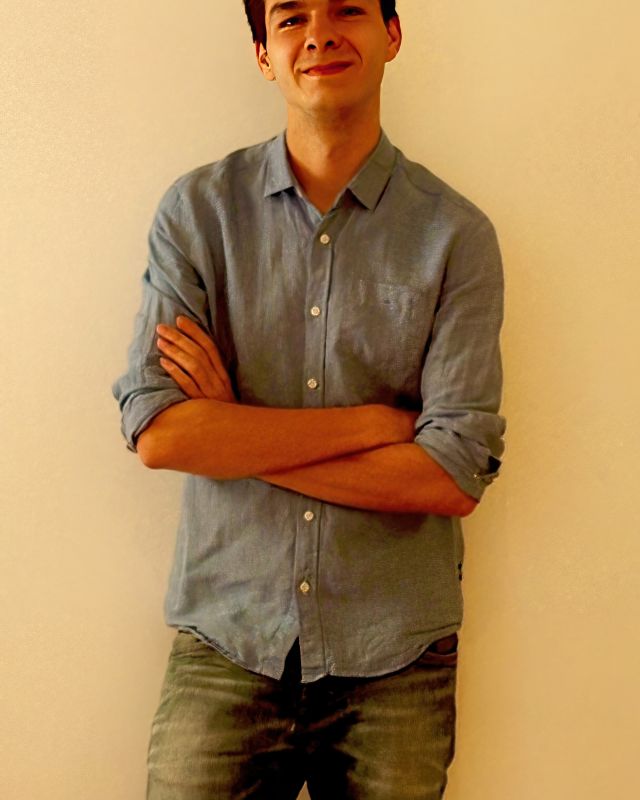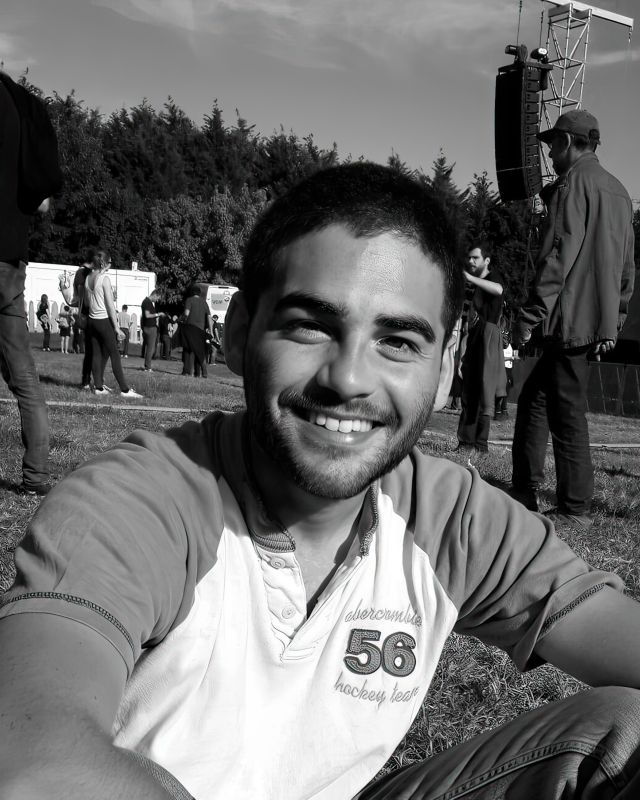Portrait
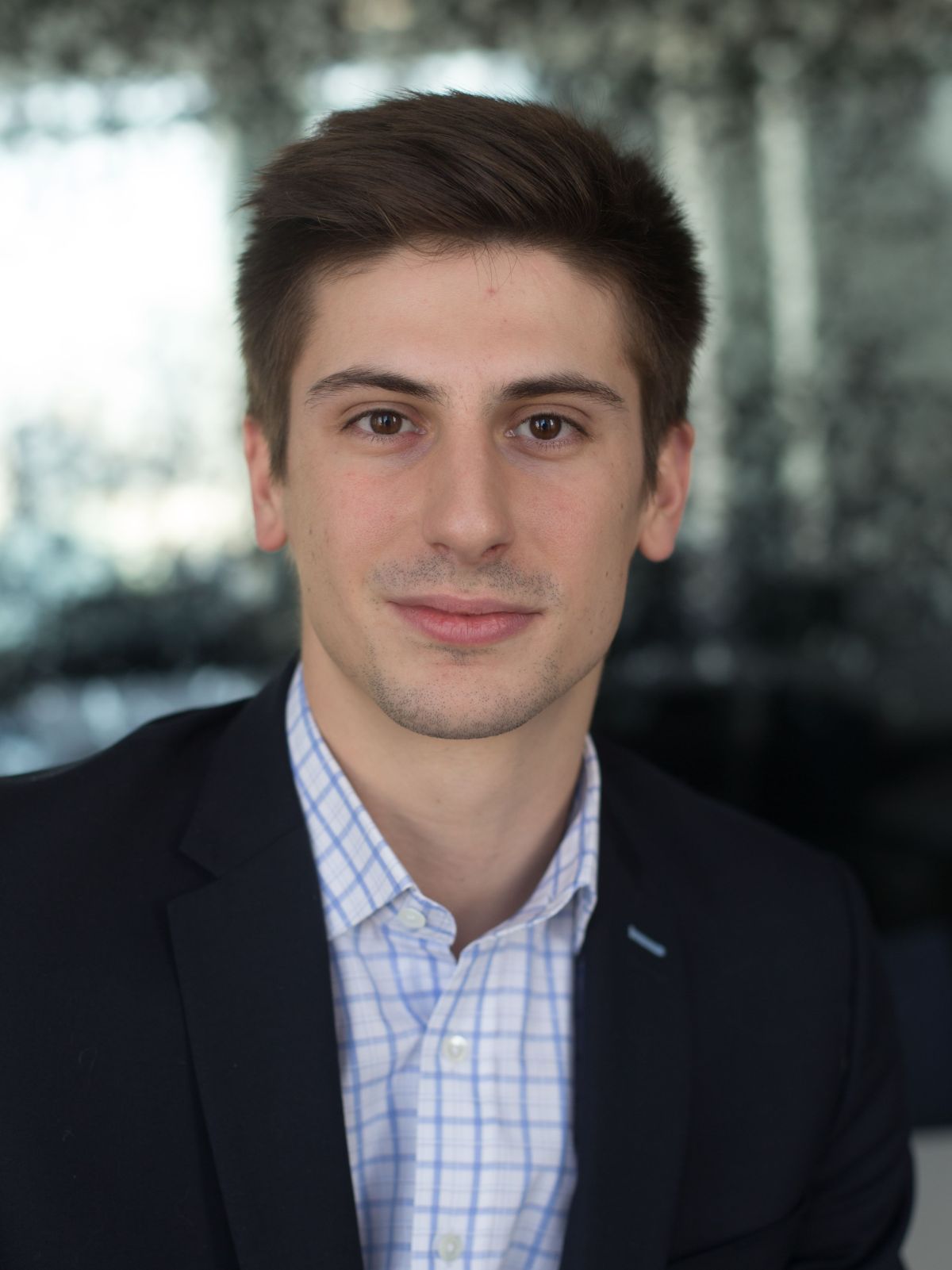
Guillaume Ragon - STU 2014 - Consultant at Wavestone
Published on | Alumni Portraits
Portrait created by Marion Bigay
After attending the U College of Sciences Po, you complete your STU master's degree with an internship at the community of the Evry Centre Essonne agglomeration. What does this internship bring you?
This internship allowed me to work for a local authority on a spatial planning project, namely a cluster focused on the sports economy, adjacent to the Grand Stadium of the French Rugby Federation. I was involved at the pre-operational steering level, prior to the definition of the urban programming. The project raised many questions, particularly regarding the environmental impact of such infrastructure and the economic benefits for the area. Consequently, I conducted a global benchmark to assess the impact of large-capacity stadiums on a territory, participated in the facilitation of the national public debate (responding to questions about the project), and also interviewed architectural firms as part of a competitive dialogue for urban project management.
However, I did not have the opportunity to continue my involvement in this project (due to a lack of internal opportunities...). Nevertheless, this enriching experience confirmed to me that I enjoyed working with the public sector, and it is something I have kept in mind for the future.
Indeed, after two months of job searching, you joined the public sector branch of the consulting firm CSC. What was your role specifically?
As a consultant for the public sector, I work as a service provider. To put it simply, administrations often have projects for which they do not have the necessary resources, whether in terms of personnel, specific skills, or methodology. In such cases, they can call upon a consulting firm.
Specifically, this means that we go to the client, listen to them, observe their situation, and seek the most appropriate solution to their needs. Generally, this involves helping an administration modernise, which may involve defining a new strategic line, organisational restructuring, or implementing specific projects.
After a year, you switched firms and joined Kurt Salmon (which has become Wavestone since July 2016). Are you still working in the public sector?
Indeed, I am still working with the public sector, but my daily experience is very different. The way of functioning can vary quite significantly from one consulting firm to another.
At CSC, I primarily worked on-site with the client (full-time as the jargon goes). This is not a position I find very fulfilling. As it mainly involves operational project follow-up, there is not much time for reflection. Even though a manager from the consulting firm visits regularly, we work under the client's direction in their premises. Therefore, I was doing what someone else could have done within the company.
Today, I work on two to three missions simultaneously. I have very diverse clients, such as Caisse des Dépôts et Consignations, the Ministry of Economy and Finance, local authorities like the PACA regional council, or even the Paris Opera. I work less on-site and more in the office. This is more intellectually stimulating as we intervene upstream of transformation projects.
On a daily basis, I divide my time between client contact (project follow-up, conducting on-site workshops) and production (presentation materials, meeting minutes, drafting commercial proposals). Regardless of the mission, the principle remains the same. It involves seeking information, retrieving it, processing it, conveying a message, and then validating it.
What do you appreciate about being a consultant?
The variety. The clients change, and the content of the missions varies as well. It is very rare to fall into a routine as a consultant; it even seems impossible to me. We are in a lively, youthful environment. Nearly all of us are between 24 and 28 years old, and I have lost count of the graduates from Sciences Po or STU. In a way, we remain in pursuit of studies. With each new mission, we acquire skills and knowledge that will be valuable for the future, whether we want to continue in consulting or not.
There is also a strong spirit of solidarity and camaraderie among consultants. As clients pay quite a lot, they want to get their money's worth. There can be significant pressure coming both from clients and managers regarding results, as well as on posture. We expect consultants to have a certain presence, a specific way of communicating, and, of course, to deliver results. At times, there is a substantial workload, and during the first month, it is crucial to take a step back and hang on. But this develops a spirit of mutual aid, and ultimately, we also have a good time. One simply needs to stay humble, be willing to question oneself, or redo their work if the outcome does not meet expectations.
Finally, the entry salary is attractive, and the progression is really rapid.
You mentioned humility. In your opinion, what are the important qualities to become a good consultant?
I would say being curious and having good listening skills. One must be capable of going out in search of information without waiting for it to come to them. Being eager to find it, knowing how to listen and understand what the client is looking for, often reading between the lines, and deciphering the dynamics at play.
Rigor and a synthesis mindset are also very important. In terms of output, one must be able to deliver a synthetic, clear, and precise piece of work within a given timeframe. It is essential to know how to step back in order to propose relevant solutions.
Lastly, it is important to be sociable, not be afraid to approach people, and to be a good communicator. Results matter, but the way we present them also counts tremendously. One needs to have tact and a certain sense of relational skills, especially to convey messages without upsetting the client.
Do you personally see yourself continuing down this path?
In the long term, no. I think I will stay for another two or three years, but I do not wish to become a manager. Fundamentally, I’d like to shift my focus towards issues related to land use, transport, and mobility. I have already worked on these themes, particularly during my group project in STU, and I know that I enjoy them.
Our group project was commissioned by SNCF Réseau and DATAR, focusing on the mobility challenges of cities within an hour of Paris. We developed a typology of these cities based on their economic and social fabric, and their position relative to Paris, in order to propose rail mobility solutions tailored to their needs. In a way, it was already an initiation into the consulting profession.
Finally, if you had one piece of advice to give to current students, what would you say?
I would tell them not to close any doors. As we progress, we realise that in life things rarely go as planned, and it doesn't always turn out badly. When graduating, we cannot imagine all the directions a career can take. I think one should consider all opportunities.
For instance, even if it’s not necessarily what one wants to do afterward, consulting can be a gateway to something else. These positions are quite mobile, allowing one to build a solid network. Personally, I met my current employer during a mission with my previous firm. I also know that when I wish to shift, I will already have an active and useful network, which is a significant advantage.
Simon de Bergh - STU 2016 - Urban Planning Agency of Marseille
Published on 05 March 2018
Before entering the STU master's programme, you attend the undergraduate college at Sciences Po. How do you decide on your master's choice? My choice of…
Nicolas Fayet - STU 2015 - Mobility Project Manager, Seine-Saint-Denis Department
Published on 28 December 2017
Career Path January-July 2015: internship at the Agency for Sustainable Mobility, Directorate of Roads and Travel for the city of Paris – development of the…
Our partners
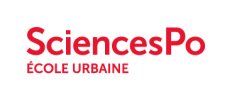
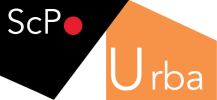
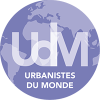

 English
English  Français
Français 